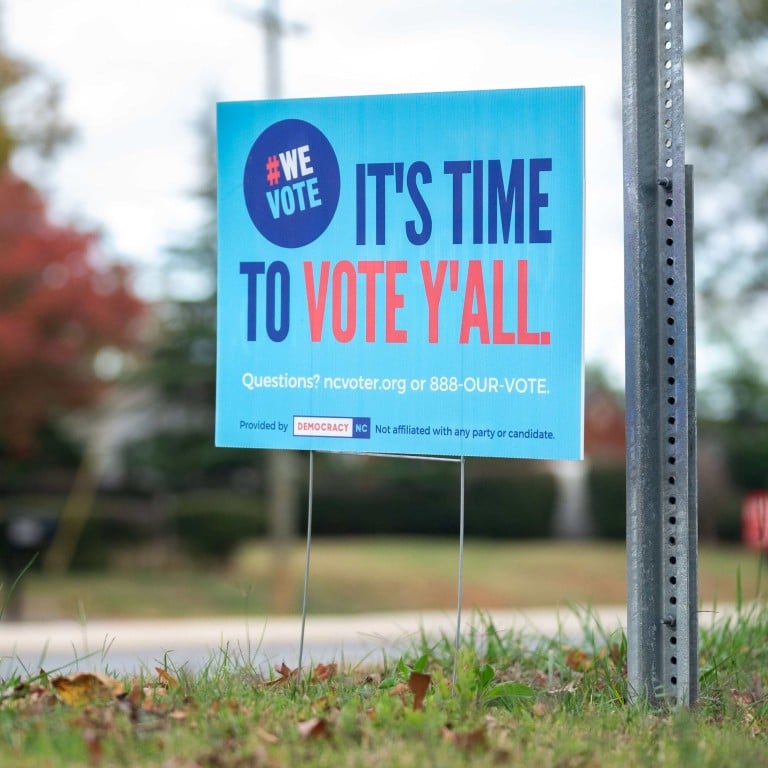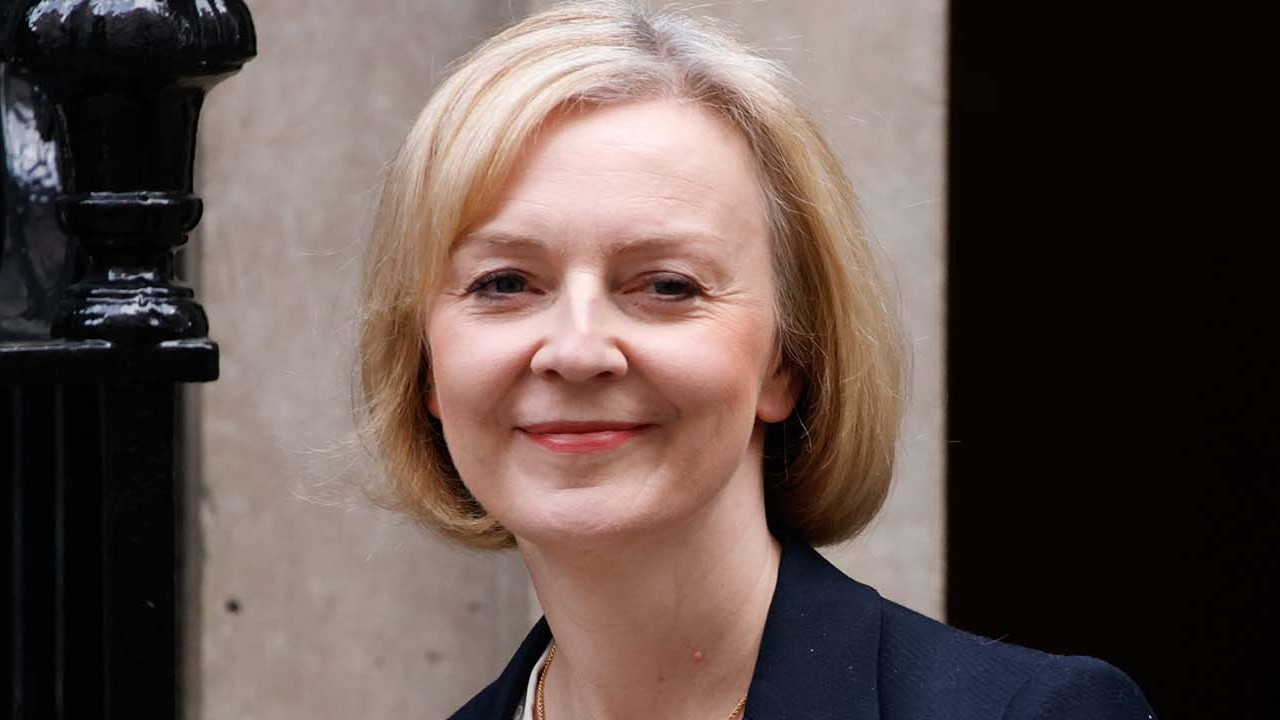
With US as standard-bearer, democracies must first fix their faults to deserve their good name
- Democracies in action might be so dysfunctional that it is conceivable that some other forms of government might not be worse after all
- China’s model of economic and political management, often criticised in the West, has undeniably brought substantial benefits to its people
The current reality seems to be that democracy, as it is evolving in some countries, might have become such a hopelessly dysfunctional form of government that it is conceivable that some other forms might not be worse after all.
Criticism of China’s political system and its undemocratic qualities would be more valid if Western democracies were more credibly democratic. Perhaps more importantly, they need to do a better job of managing their economies, dealing with their deepening social problems and contributing effectively to solving global problems on which we share a common destiny – think multilateral cooperation on trade, management of climate change, and avoidance or mitigation of global pandemics.
The US might be the most obvious target of criticism. There is the egregious awfulness of some of its shortcomings, as well as its importance as the global standard-bearer for our democratic and free-market principles and the extent to which its domestic decisions have significant collateral effects worldwide.

Such deep-seated disorder has eroded respect for democracy and democratic institutions. It has also taken attention away from serious policy challenges while a combination of the Covid-19 pandemic and economic disruption induced by Russia’s invasion of Ukraine have taken the global economy to the brink of the gravest synchronised recession seen in five decades.
As the usually sober Martin Wolf noted in the Financial Times last week: “Under the leadership of psychopaths and the influence of nationalism and other dangerous ideologies, we are capable of grotesque follies and horrific crimes. … We depend on a high level of enlightened cooperation to sustain an inhabitable planet.”
Can things get worse as US-China common ground shrinks over Taiwan row?
It is arguable that during the past seven decades, a general respect for the institutions that underpin democracy has contributed strongly to the peace that has prevailed, and this period of peace has also contributed strongly to the strong and steady economic growth that has lifted so many hundreds of millions out of poverty worldwide.
China’s position of non-interference in other countries’ internal affairs deserves attention and respect, and there would be merit in paying keener attention to the disorderly malfunctioning of Western democracies. China’s political system has its uncomfortable shortcomings, but so do our own.
David Dodwell is CEO of the trade policy and international relations consultancy Strategic Access, focused on developments and challenges facing the Asia-Pacific over the past four decades


